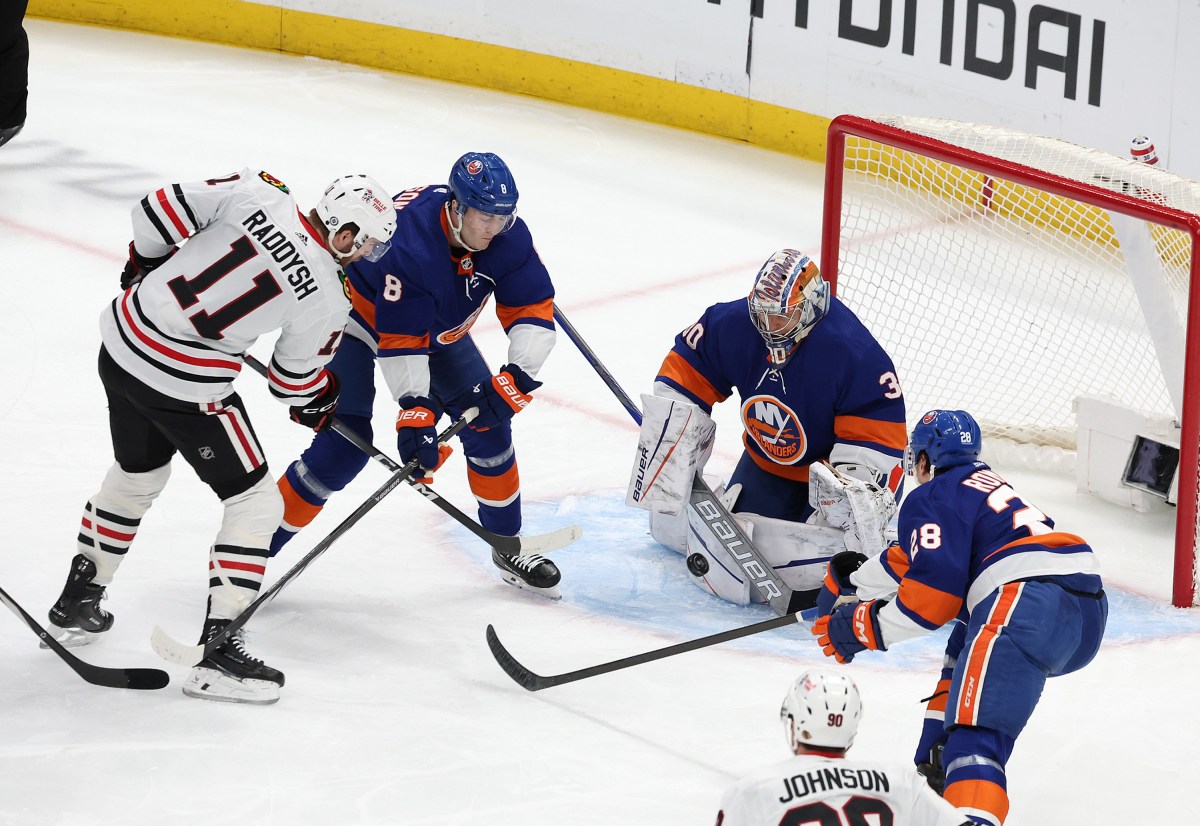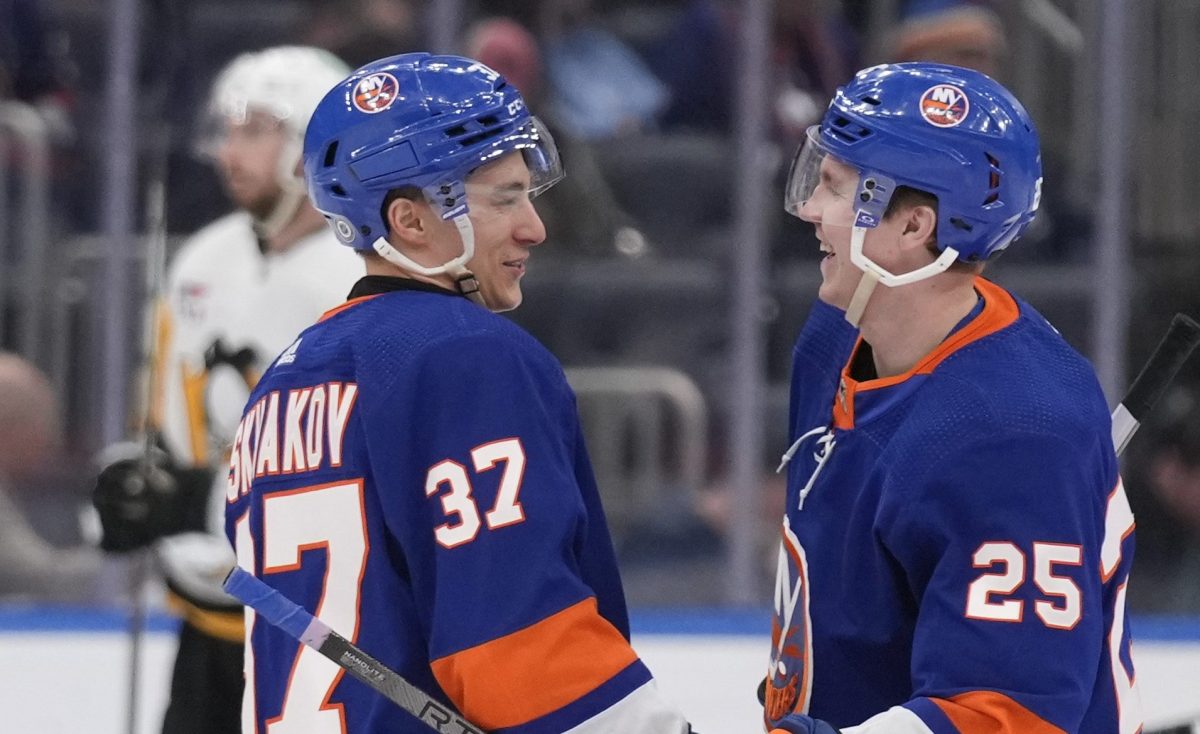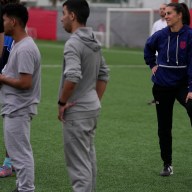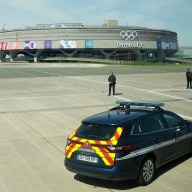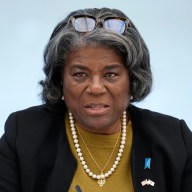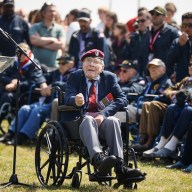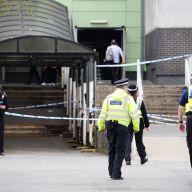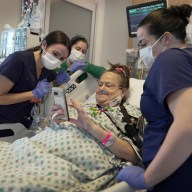Where were you a year ago this weekend? If you lived in one of the five boroughs, you were probably holed up in your apartment, hiding from Hurricane Irene. That was also the case for the organizers of Brooklyn’s Afropunk festival, who first had to make the heartbreaking decision to cancel the event.
“We were literally in the park and it was all built and we had to pull it all out,” says Matthew Morgan, who co-founded the Afropunk organization in 2002. Canceling the two-day event nearly crushed the group because of the amount of expenses Mean Irene racked up. Taking such a hit left the coordinators discouraged and just a bit heartbroken.
“When something like that happens, you ask yourself, as I do every year, ‘Why are we doing this?’” Morgan says. “But we cobble it together and make it work because what it is, is bigger than us.”
Morgan and his colleagues founded the festival as a means of exposing city kids to a vibrant but underrepresented current of African-American culture.
“Initially I just wanted to put on shows because I couldn’t get shows for some of the bands that I was managing,” Morgan explains. “There wasn’t this platform for alternative black culture and it just made me mad.”
Situating the festival in Commodore Barry Park, which, Morgan notes, is sandwiched between two of the largest public housing projects in Brooklyn, the hope is that impressionable kids will have a mind-broadening experience when they enjoy not just the music, but the skate competition, art wall, thrift market, biker competition and newly added food trucks that are a part of the event.
“It was in a Jay-Z song, where he talks about living 20 minutes from Central Park but not knowing that it existed. These kids have all this stuff around them — food truck festivals in Park Slope, parks and all this stuff in the city — they can be three blocks from it and not know that it exists,” Morgan says. “It’s really exciting to put all that in front of the 15, 16, 19 [and] 20 year olds and have them experience it for the first time.”


